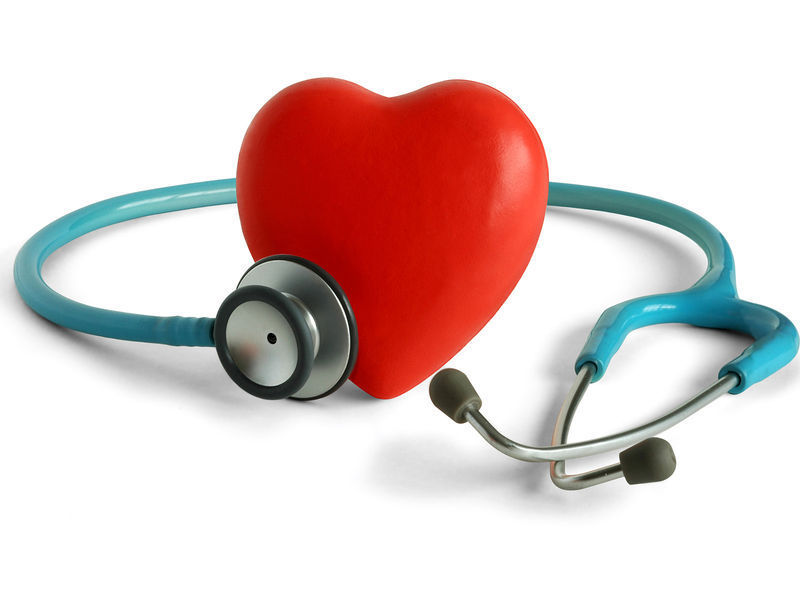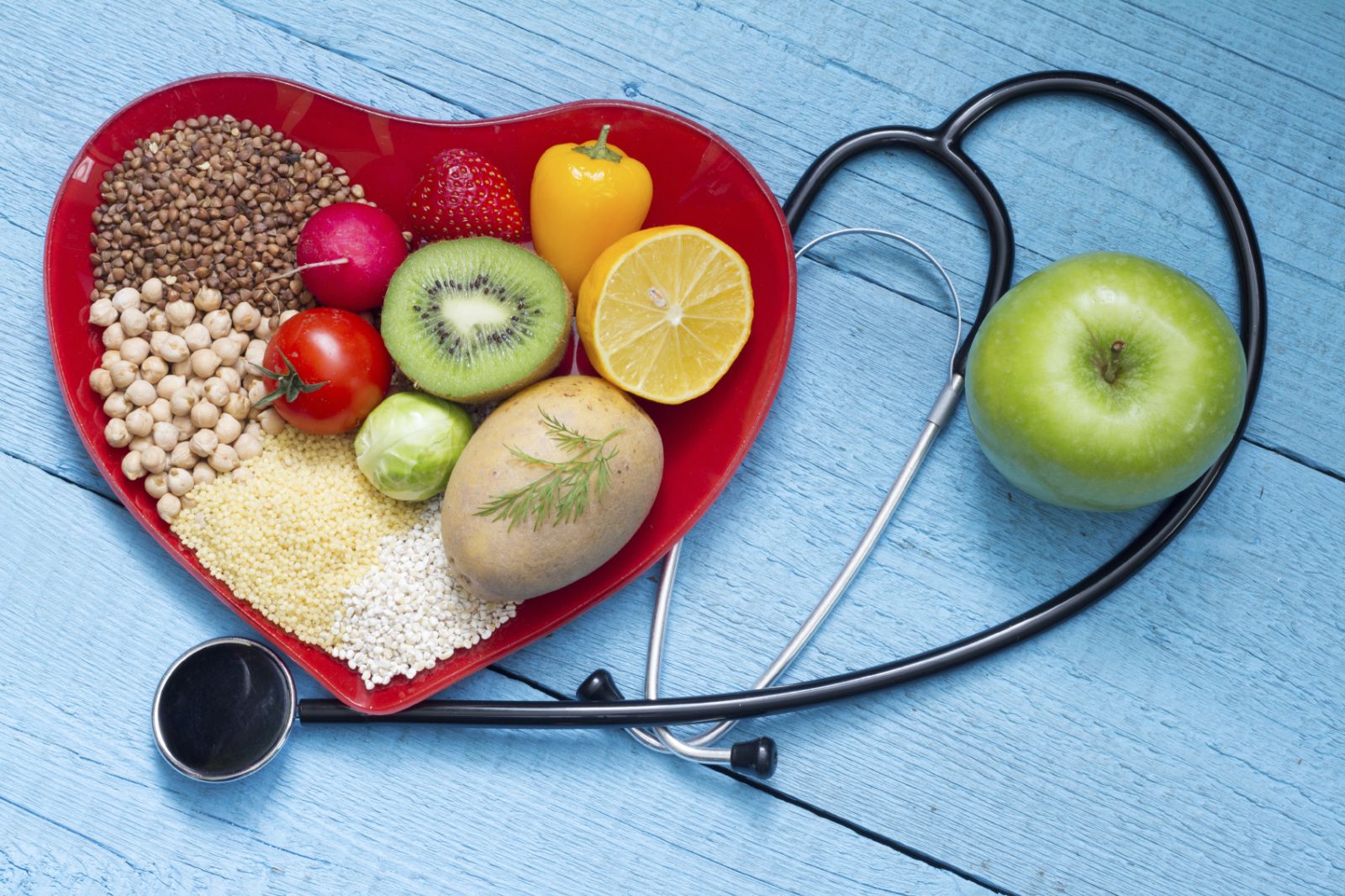Seema (name changed) a 40 plus working executive had a routine blood test with her lipid profile done and was shocked to be diagnosed with Dyslipidemia. Simply explained this is a condition when there is an abnormal amount of lipids including triglycerides, cholesterol and/or fat phospholipids in the blood. In lay man terms, Seema was suffering with high cholesterol. So how to you deal with it? We speak to experts for their tips.
Understanding Cholesterol
Cholesterol is actually required by the body for a variety of important functions. It’s presence in the human body is required to produce many hormones like testosterone, estrogen, progesterone, cortisol, DHEA as well as Vitamin D. It is an essential component of our cell membrane and is instrumental in body repair as well. “While there are no obvious outwardly symptoms of increased cholesterol levels, a blood test is used as a confirmation. A lipid profile helps identify the levels of our total cholesterol as well as its breakup in terms of Triglycerides, LDL (Low Density Lipoprotein), VLDL (Very Low Density Lipoprotein) and HDL (High Density Lipoprotein). While HDL is commonly referred to as the ‘good’ cholesterol, the high levels of the others are associated with heart diseases. Too much ‘bad’ cholesterol starts building up in your arteries and generally leads to heart and blood flow issues due to the narrowing up of the passage. Our bodies make all the cholesterol we need. However, food from animal sources, like meat, dairy products as well as poultry, also contains cholesterol,” says Smita Sundararaman, Founder & Managing Director of NatureHealz.
Causes of Cholesterol
Smoking and alcohol consumption are two other reasons why cholesterol levels rise. Drugs including certain diuretics, steroid hormones, immuno-suppressants, beta blockers and antidepressants can raise cholesterol levels. Cholesterol levels also increase naturally as one gets older and during menopause. “Higher the LDL cholesterol greater the risk of heart disease, and in general, higher levels of HDL (High-density lipoprotein) cholesterol are protective against heart disease. High Triglycerides are also associated with increased risk of heart disease and is often associated with low HDL cholesterol levels and diabetes,” says Dr. Prabhakara Shetty Heggunje, Chief of Cardiology, Columbia Asia Referral hospital Yeshwantpur. Poor diet, eating saturated fat found in animal products and trans fats found in some commercially baked cookies and crackers can raise your cholesterol level. Red meat and full-fat dairy products also increase total cholesterol. High cholesterol unfortunately has no symptoms and manifests in serious forms like heart attack and stroke. “Having a body mass index (BMI) of 30 or greater puts you at risk of high cholesterol. Your risk increases if you are a man with a waist circumference of at least 40 inches (102 centimetres) or a woman with a waist circumference of at least 35 inches (89 centimetres),” says Manish Jaiswal, Director of SPA, JW Marriott Bengaluru.
Diet Control
Healthy food is the key so make sure you introduce Omega 3 Fatty acids into your diet and eat a fibre rich diet. Dry fruits, fruits, vegetables (especially garlic and onion), pulses, soy, oats, whole grains, flaxseeds, cod liver oil and fish oil are very effective in lowering the ‘bad’ cholesterol. “Serum Triglycerides levels are more dependent on diet and exercise than the LDL cholesterol levels. Diet which is high in refined carbohydrates or sugar and alcohol will raise triglycerides levels. HDL or Good cholesterol levels are also mostly dependent on genetic factors. Intake of saturated fats can raise HDL levels but along with LDL levels. Vigorous exercise can raise HDL cholesterol levels,” says Heggunje. Portion control is crucial. Eat enough to nourish your body, not just to please your palate. Weight loss is very important in obese people for reduction of cholesterol levels. Manoj Kutteri, Director, Atmantan Wellness advices, “reduce the amount of saturated fat in your diet to less than 30 percent of your daily calories. Consume 10 to 20 grams of soluble fiber a day. Good sources include oats, peas, beans, apples, citrus fruits and carrots. Eating for healthy cholesterol levels means making sure your diet contains soluble fibre found in many different plant foods that attracts water and turns into a gel when you digest food. Heart-healthy fats like olive, canola, and peanut oils, as well as foods high in healthy, plant-derived fats, like nuts, seeds, and avocados and whole grains include certain breads, cereals, pastas, and dried grains like brown rice are a must. Although it’s high in saturated fat, coconut oil has been shown to raise levels of HDL cholesterol, which may help with overall cardiovascular health.” Including foods rich in Vitamin B3 (mustard oil, peanuts, dry fruits, avocado) helps improve our HDL and maintain great cardiovascular health over time.
Exercise Mode On
An increase in physical activity, both exercise and activities of daily living, is beneficial in improving lipid profile. “Take the stairs instead of the lift, walk to the store instead of driving and go for a walk instead of watching TV when bored. Intense aerobic exercise in the form of walking, running, cycling and swimming for about 45 min every day can have a profound effect on weight and cholesterol levels when combined with a healthy diet,” advices Dr Girish Godbole, Consultant Interventional Cardiologist – Vikram Hospital, Bengaluru. An active routine can help keep cholesterol levels in the normal range and nothing helps the body like exercise. “It helps boost HDL levels and reduces the risk of heart attacks and strokes. About 40 minutes of aerobic activity thrice a week should do you a lot of good. Swimming, dancing or brisk walking are all examples of aerobic activities to get you going. These will also help you in keeping your weight under check,” avers Lalitha Subramanyam, Chief Nutritionist at Grow Fit. As an old Ayurvedic proverb goes, “if the diet is wrong, medicine is of no use. If the diet is correct, medicine is of no need.” It is possible to protect your heart for the rest of your life without excessive medication.” Take care of your body by giving it the right nourishment and a healthy lifestyle routine and be prepared to witness the wonders of what it is capable of doing for you in turn.
This story first appeared in Healthcare India magazine’s April 2019 issue here: Beating cholesterol
